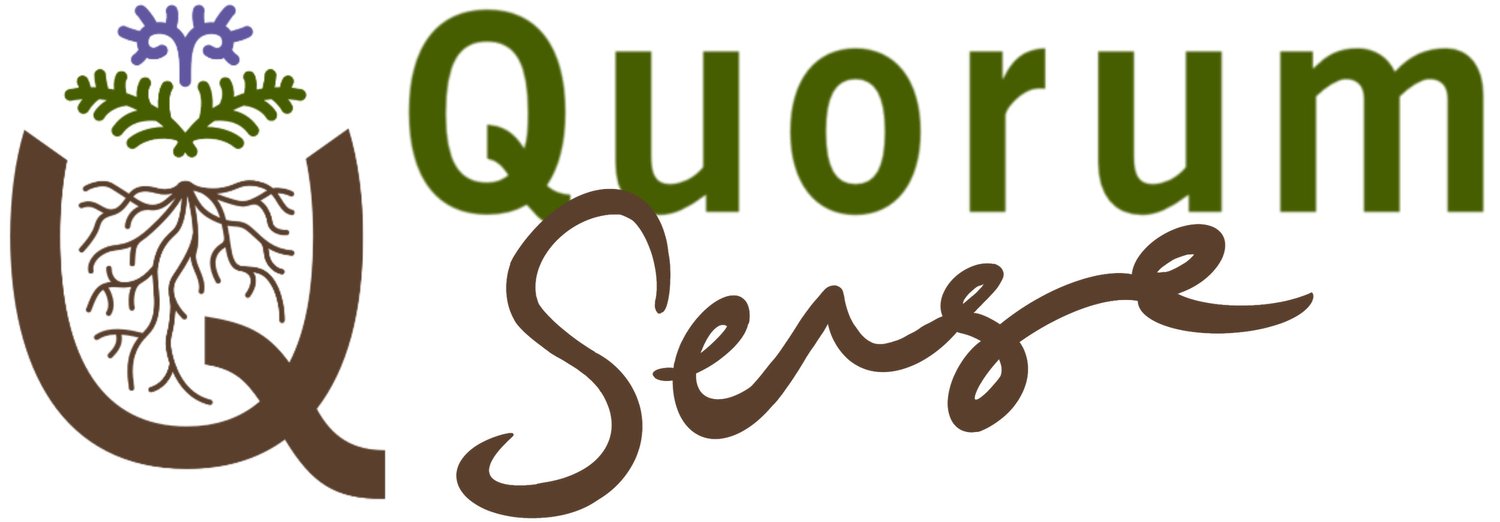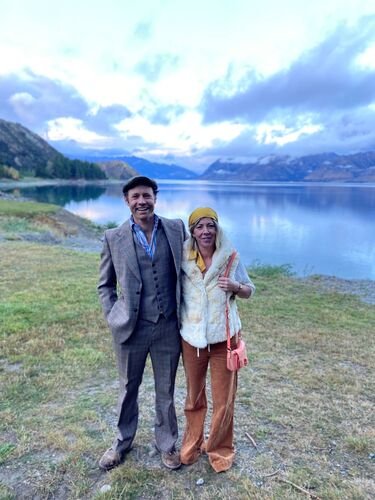#17 - Balancing farm and family with Tim & Camilla Rutherford
Tim and Camilla Rutherford explore what it takes to bring regenerative practices to high country Merino production, and how it's benefited business, personal and family life. A wonderful conversation, it covers the introduction of mob grazing, the challenges of high country water supply, and the move away from cultivation, monocropping and chemical use.
Camilla also talks about her continuing professional photography career, and the passion she has for telling the story of regenerative agriculture through images and film in a way that's connected beyond the farming community. And Tim – a fourth generation farmer – shares fondly about both the experience of farming alongside his father, and beginning the same journey with their children.
Enjoy the episode!
“On the hill, we’ve been running a bigger mob instead of having lots of little mobs and just moving them round more regularly. And yeah, we’ve already seen a massive impact. So that’s given us the confidence to go and invest in putting more fencing in.
“And, you know, we’re not doing like super expensive fencing. We just did a four wire all steel waratah fence with T-irons. Four electric wires on it with Beattie insulators and you know, it was less that three bucks a metre. And we just whack it in ourselves.
“So we can start to subdivide and break blocks up fairly cheaply. And I can see fencing is one of the biggest returns on investment we can get.”
Disclaimer: The information, opinions and ideas presented in this content is for information purposes only and does not constitute professional advice. Any reliance on the content provided is done at your own risk. (click here to view full disclaimer).



